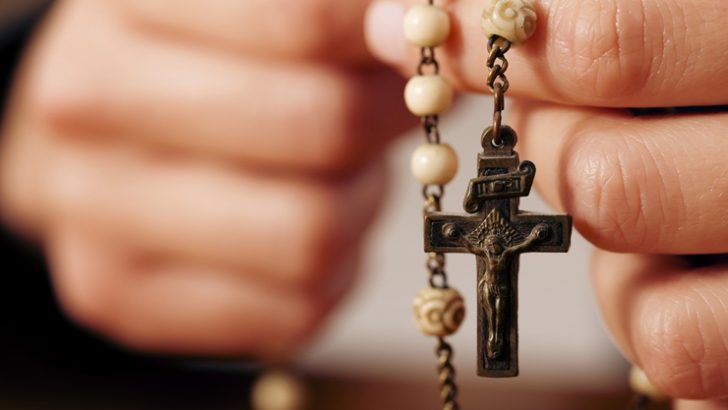Questions of Faith
In the last decade, deacons in Ireland have become more commonplace, especially as priestly numbers continue to decline. But who are these robed men that stand beside the priest at Mass – and what do they do?
The name deacon means ‘minister’ or ‘servant’ and the term is explicitly mentioned in 1 Tim. 3:8-10, where we are told that deacons are to be worthy of respect and that they must “keep hold of the deep truths of the faith with a clear conscience”. The Acts of the Apostles also makes it clear that in the early Church, men in good standing were selected to serve the poor and help marginalised communities.
“Brothers and sisters, choose seven men from among you who are known to be full of the Spirit and wisdom. We will turn this responsibility over to them and will give our attention to prayer and the ministry of the word” (Acts 6:3-4).
Only men – either married or unmarried – can become deacons, and they must undergo a year of discernment”
Gradually over time, the roles of the deacons increased whereby they worked closely with the bishop, assisted at the Eucharist, and preached the Gospel. However, by the 5th Century the office of the diaconate began to lose stead, primarily because laity became confused about their role in contradistinction to the priest.
The ministry did not die out completely though – St Francis of Assisi, for example, was a deacon. It was only during the Second Vatican Council that this form of ministry was renewed. This paved the way for deacons to flourish once again with the diaconate being described a “distinct ministry of service” to be exercised “in communion with the bishop and his group of priests”.
The primary role of deacons is to be a sign of Christ who came to serve, rather than be served. Functionally speaking, deacons are tasked with a multitude of duties which include: l Assisting the priest at the celebration of the Eucharist l Bringing the Eucharist to the sick at home and in hospitals l The celebration of Baptism l Celebrating marriages (with the appropriate delegation) l Presiding at funerals l Proclaiming the Gospel at the Liturgy l Preaching the homily l Visiting the sick l Visiting the bereaved
Only men – either married or unmarried – can become deacons, and they must undergo a year of discernment to decide if they are suitable candidates for the office.
It’s important that those considering this life be baptised and confirmed, have a sense of vocation to the diaconate, and have the natural gifts for ministry.
Prospective applicants for the Permanent Diaconate may be interested in reading The Permanent Diaconate: National Directory and Norms for Ireland, which is available on the website: www.catholicbishops.ie


 Colm Fitzpatrick
Colm Fitzpatrick

